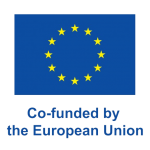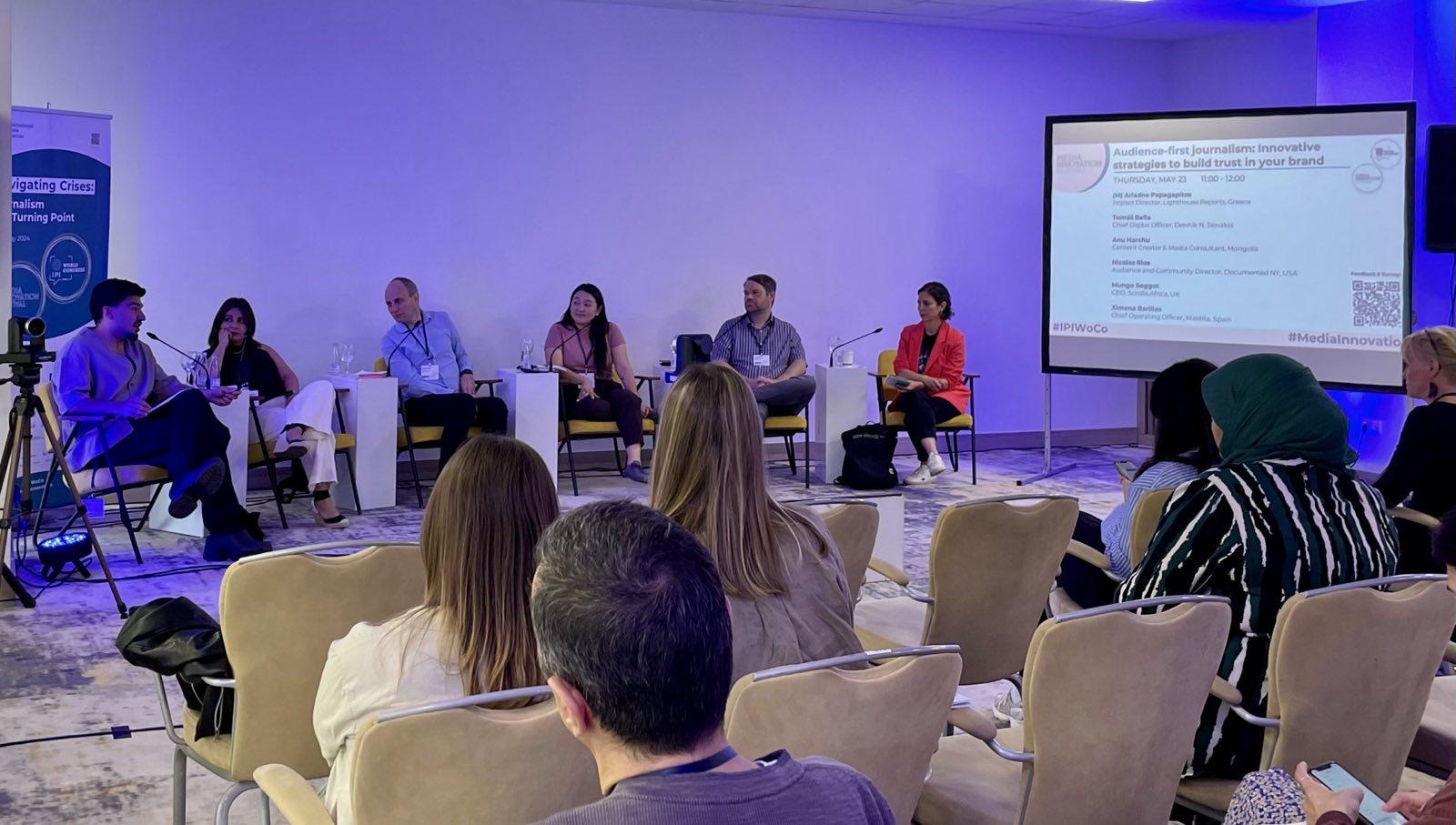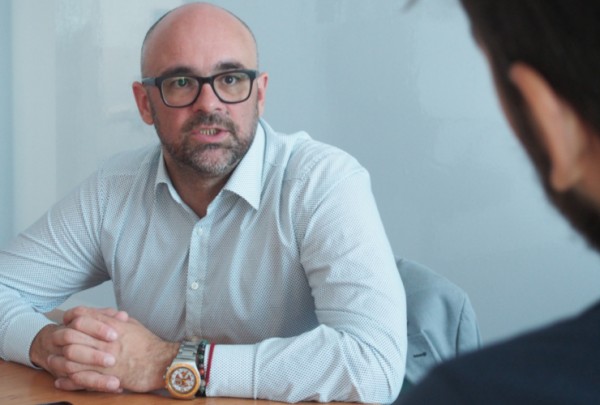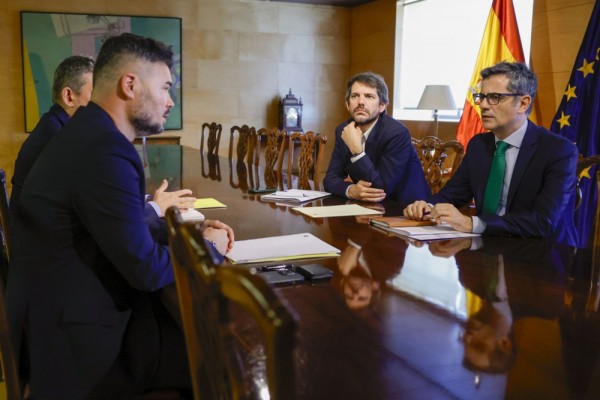News organizations need to constantly listen to their audiences’ needs and wants in order to build trust and thrive, while being willing to detach from preconceived ideas.
These are some of the lessons learned during the Media Innovation Festival in Sarajevo, where experts gathered for a panel discussion on Audience-first Journalism: Innovative Strategies to Build Trust in Your Brand, on May 23, 2024.
The panelists, led by Greek journalist Ariadne Papagapitos from Lighthouse Reports, shared insights and strategies that emphasized the importance of audience engagement and trust-building in modern journalism.
Ximena Villagrán Barillas, operations director at the Spanish fact-checking organization Maldita.es, highlighted the impact of private messages on building trust. “People believe more in what their friends send them. We believe in the power of private messages to build that trust.”
She also underscored the importance of defining specific missions for journalism in order to better serve an audience, instead of just going where the data leads you.
“It is ok that your newsroom is data-based, but we need to have a criteria of what is journalism, we cannot solve all the issues.”
Mongolian content creator and consultant Anu Harchu addressed the unique mental health challenges faced by independent content creators versus those in broadcasting media. “Facing directly the audience was very eye-opening without a system and institutional support. That direct approach changes the ways I talk and create for my audience.”
She also emphasized the shifting landscape of influencer marketing, suggesting that it is evolving in favor of content creators, stating the importance of deep engagement with young audiences. “Young people are not a monolith… Rather than going wide, go deep.”
>> Receive our innovation newsletter The Outlook directly in your inbox.
But properly listening to a young audience also means having people on your team that are in touch with the realities of that community, without the vices that older editors might bring. “The key is to make young people sub-editors”, said Mungo Soggot, founder and CEO of Scrolla.Africa.
While having data on your audience is valuable, journalists need to have honesty and humility while interpreting it, according to Tomás Bella, chief digital officer at Denník N, a news organization from Slovakia.
“It takes certain honesty in accepting numbers for what they are… Lower your arrogance in learning what people actually want.”
Still, data can go a long way. Nicolás Rios, from Documented, emphasized that the combination of audience feedback with data has the potential to create powerful insights, helping to prevent preconceived notions about the communities they aim to serve.
“Hadn’t we listened to our audience first, we would have proceeded with preconceptions about the communities we aim to serve”, he said.




